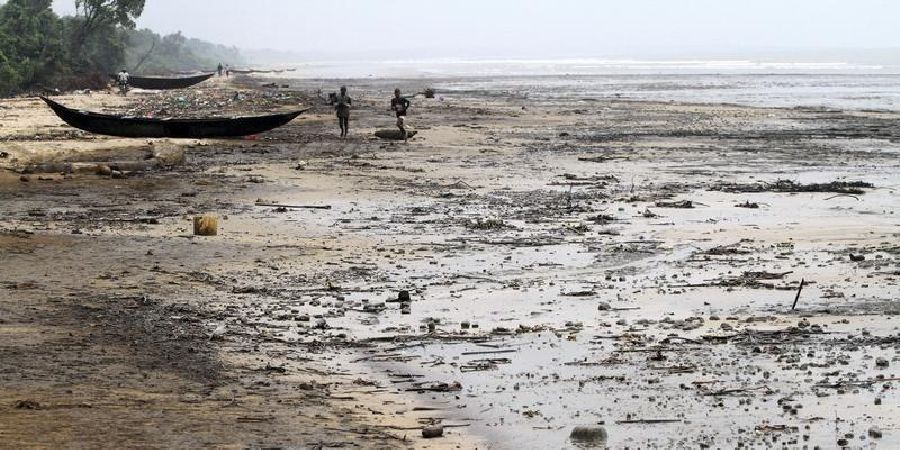Τραγωδία στην Αγλαντζιά: Νεκρός 25χρονος μετά από σφοδρή σύγκρουση μοτοσικλετών - Βίντεο
Σε θανατηφόρα οδική σύγκρουση που συνέβη χθες το απόγευμα στη Λευκωσία, έχασε τη ζωή του ο Τσαμίσια Χρίστος Τσαγγαρίδης, 25 ετών, από την Παλουριώτισσα.

Nigeria. 2011. An oil spill. 40000 barrels of crude oil leaked into the ocean. Although most of the oil was cleaned up, some oil reached the Nigerian shoreline.
Two Nigerian Claimants brought a claim in the tort of private nuisance for undue interference with the use and enjoyment of land owned by them which they said was impacted by the spill.
The Claimants issued their claim, and wished to amend their claim, after the expiry of the limitation period by submitting that because there was a continuing nuisance which refreshed every day (there was still oil on the Claimants’ land) their applications to amend the claim form and particulars of claim were within the limitation period.
The Defendants disagreed.
The Supreme Court of the United Kingdom, regarding the tort of private nuisance clarified that :
a) The tort of private nuisance is committed where the defendant’s activity, or a state of affairs for which the defendant is responsible, unduly interferes with (or, as it has commonly been expressed, causes a substantial and unreasonable interference with) the use and enjoyment of the claimant’s land:
b) Nearly always the undue interference with the use and enjoyment of the claimant’s land will be caused by an activity or state of affairs on the defendant’s land
c) The tort of private nuisance may be committed where the nuisance emanates from the sea.
d) It is also being assumed that the tort of private nuisance may be committed by a single one-off event such an oil spill.
e) For a continuing nuisance, the interference may be similar on each occasion but the important point is that it is continuing day after day or on another regular basis. So, for example, smoke, noise, smells, vibrations, and overlooking are continuing nuisances where those interferences are continuing on a regular basis. The cause of action therefore accrues afresh on a continuing basis.
Applying the relevant principles to the facts of this case, the claimants' argument that there is a continuing nuisance, because oil is still on their land and has not been removed or cleaned up, was rejected by the Court.
The Court concluded that the oil spill was a one - off event or an isolated escape and not a continuing undue interference with the use and enjoyment of their land.
As the court noted in par 39, “to accept the claimants' submission would undermine the law on limitation of actions, which is based on a number of important policies principally to protect defendants but also in the interests of the state and claimants, because it would mean that there would be a continual re-starting of the limitation period until the oil was removed or cleaned up”
The Court has provided clarity on the issue of a private nuisance and it reinstated the importance of adhering by the rules of limitation, which also promotes the concept of legal certainty.
From the judgment one can assume that the instances of “a continuing nuisance” shall be kept in a small category (smoke, noise, smells, vibrations).
For it to be otherwise, the floodgates of litigation would be opened.
Ακολουθήστε το Tothemaonline.com στο Google News και μάθετε πρώτοι όλες τις ειδήσεις




